4 reasons to take an in-person woodworking class
Kate Swann explores why taking a woodworking class is so valuable and useful to woodworkers and furniture makers.
As woodworkers we are living in an age of information overload—magazines, books, video tutorials, blogs, forums, the list goes on! With all this collective knowledge available at a mouse click, why invest your hard-earned money in a class?
Here are four reasons woodworkers of any skill level should invest in education.
1. Nothing beats hands-on learning
Woodworking is a physical activity and with anything physical, proper technique is essential to avoid injury and achieve your desired results. When you take a class, you get a “personal trainer” who will make sure you’re doing all the little things right. Where to stand, how to hold a tool, and how to hold the workpiece all play a huge role for both safety and quality of execution.
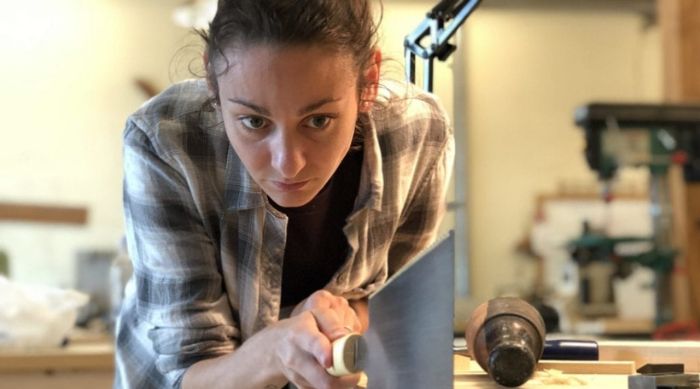
In person you can ask as many questions as you want, not to mention hear all the questions your fellow students ask. That dialog can be incredibly valuable–leading to new understanding and creative endeavors that wouldn’t be possible in a synchronous, linear class.
2. Student camaraderie and networking
Woodworking for most part is a solitary endeavor. In a class, you get the chance to meet people with the same interests as you. If you are thinking of making woodworking your profession or even a side hustle, the connections made in class can be invaluable.
Surrounding yourself with fellow enthusiasts, experienced instructors, and passionate artisans creates an inspiring environment that fuels creativity and fosters personal growth. The camaraderie and support found within the woodworking community can offer ongoing encouragement and a platform for sharing ideas, techniques, and projects.
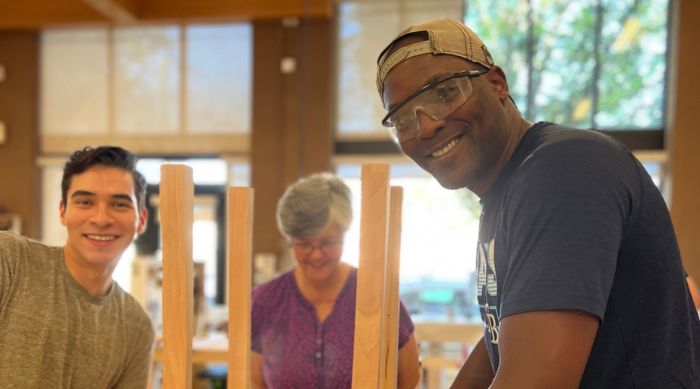
3. Learning from the best
Many of the most talented and influential people in woodworking today also teach.
If there is a pro furniture maker you admire, a class is your opportunity to spend a time with them. You’ll get to pick their brains and immerse yourself in their techniques and philosophies.
You will get to learn as much about the “why” as the “how” of their techniques, and while you get some of this from books, video typically requires this part to hit the editing room floor.
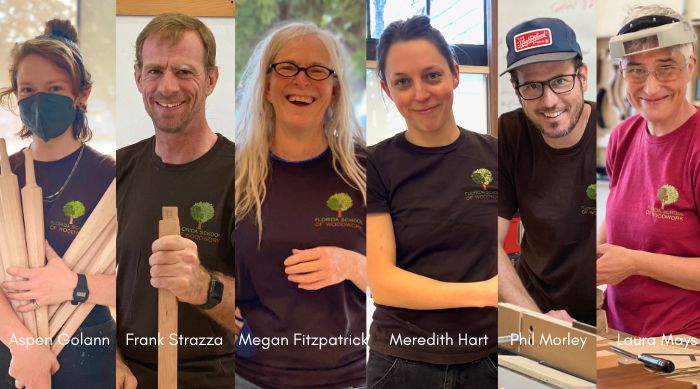
4. Experience different tools and equipment
Almost every woodworker is thinking about their next or maybe first tool purchase. Schools are a great place to experience different tool sizes and brands. You can also get some feedback on that next purchase. As you might expect, the tools in a school see some heavy use and the staff and instructors will almost always have feedback on durability, support, and parts availability. Valuable info indeed.
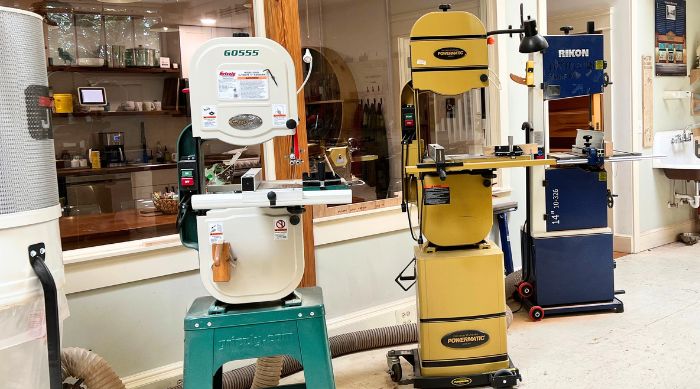
If you are a beginner and want to get started on the right path, or want to push yourself to the next level, take a class! There are great schools all over the country like Port Townsend School of Woodwork in Washington, Center for Furniture Craftsmanship in Maine, Austin School of Furniture in Texas, Southwest School of Woodworking in Arizona, and of course I know a great school in Tampa, Fla., that would love to see you!
Helpful links
Explore classes at Florida School of Woodwork
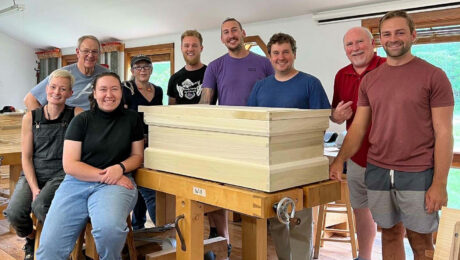 |
Free your mind, and the rest will followTry a new method, learn a new technique, be open to new possibilities. You might like it. |
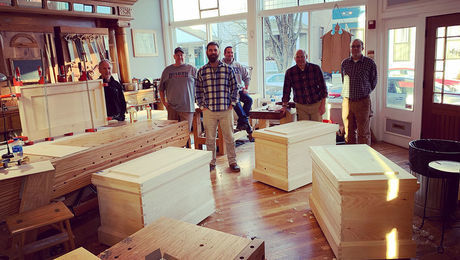 |
Plus you might learn something…While I hope my students learn at least a little something about woodworking, what I’ve learned from them is that woodworking education is not always the primary motivation for taking classes |
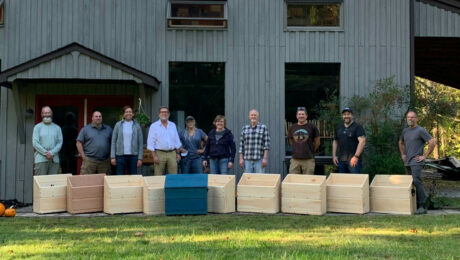 |
Keep it safe, keep it simple, and don’t forget the bourbonWhether you’re teaching Shakespeare or Shaker furniture making, the lessons are mostly the same. |



















Log in or create an account to post a comment.
Sign up Log in